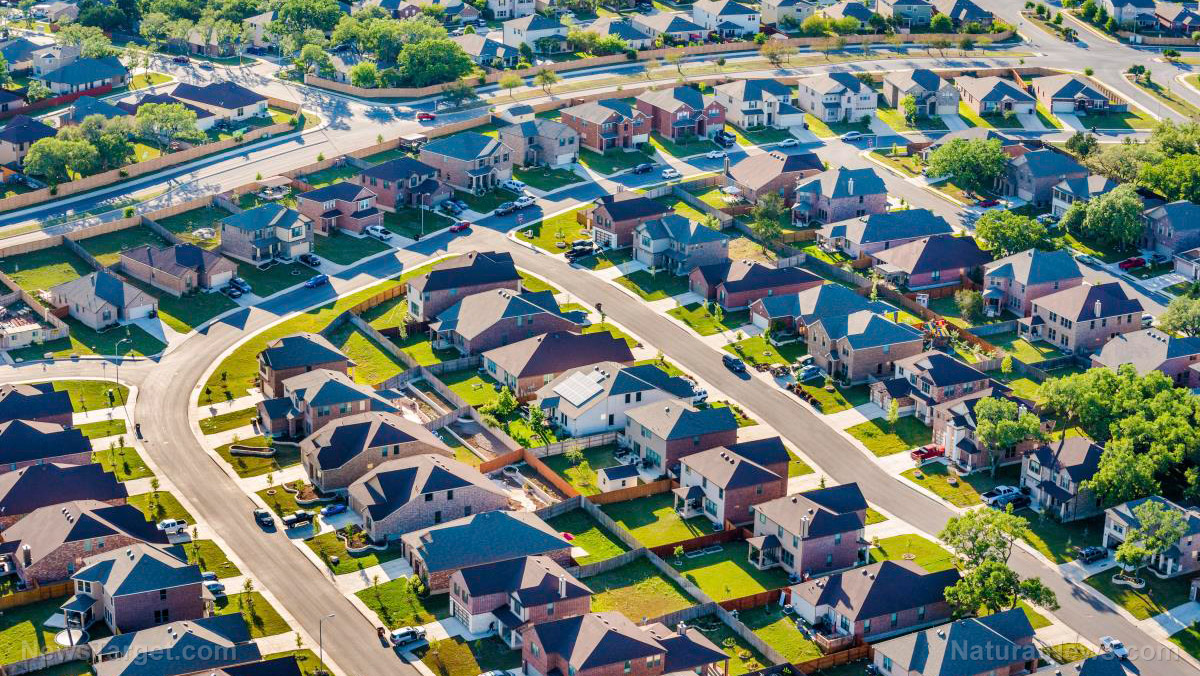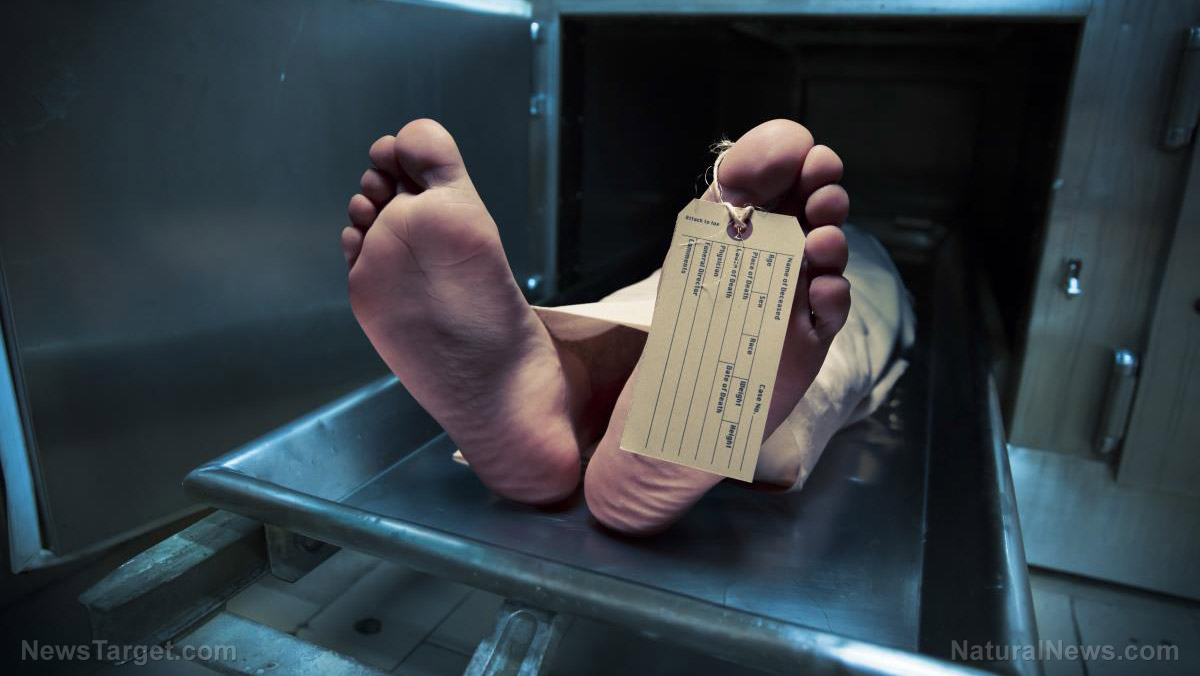
A “safe” community can mean a lot of different things for most people: It can be a low crime rate, helpful neighbors, or even police presence. These may paint a picture of peaceful Americana, but they don’t really complete the view.
People, or at least their inclinations, influence these factors. Everyone is just one bad day away from doing what they’re not supposed to do, after all. (h/t to PreppersWill.com)
10 Safe spaces in America
When making a list of the safest areas in America, it's a good idea to start at crime rates and related statistics. The science of numbers is straightforward and can tell you how these figures affect the perception of safety. As a prepper, you can be prepared for anything, but how about something that's beyond your control – like crime?
One possibility is to relocate to a safer area, especially one that’s less densely populated, or designate a bug-out safehouse for when things go down. Here are 10 options to consider.
-
Cape Coral, FL
Cape Coral has a crime rate that's 38 percent lower than the national average, or a total of 1,694 crimes per 100,000 people. With 400 miles of navigable canal systems that offer alternative bug-out routes, it’s indeed a “waterfront wonderland.”
-
Sunnyvale, CA
Sunnyvale is part of Silicon Valley. It accommodates the headquarters of several tech companies, including Yahoo! and LinkedIn. Sunnyvale also boasts a unified Department of Public Safety, where the workforce is cross-trained to be police, firefighters, and EMTs. Sunnyvale has a crime rate of 1,849 per 100,000 people, 33 percent lower than the national average.
-
Port St. Lucie, FL
This city has a high homeownership rate and low crime rate (1,226 per 100,000, 55 percent lower than the national average). Its housing options, whose values are almost 20% lower than the national average, attract optimistic people, especially those seeking to start families or businesses.
-
Carlsbad, CA
With a mild climate and faintly European charm, Carlsbad is a popular tourist destination just south of Los Angeles with no shortage of events and activities. The friendly atmosphere of Carlsbad may contribute to its crime rate, which is 22 percent lower than the U.S. average.
-
Ann Arbor, MI
Ann Arbor is famed for its town-and-gown aesthetic, where culture, culinary arts, and academia are mashed together to make a unique city experience. It has 1,941 crimes per 100,000 people, but the crime rate is plummeting 11 percent year after year.
-
Round Rock, TX
Round Rock feels like a small town, but it offers the amenities of a bigger city. Its workforce is highly educated and employed in IT and engineering, with Dell being one of the biggest employers. Its crime rate is slightly higher than others on its list, but it’s still 16 percent lower than the national average.
-
Provo, UT
The third-largest city in Utah, Provo is one of the best places for work-life balance in the U.S. Provo has a crime rate of 1,858 per 100,000 people that’s down 14 percent every year. It’s also accessible both to the greater area of Salt Lake City, national parks and canyons, and Utah Lake.
-
Thousand Oaks, CA
A sophisticated, vibrant city, Thousand Oaks is one of the safest cities to raise a family in, with an impressive 1,438 crimes per 100k, which is 48 percent lower than the U.S. average. It’s so safe the odds of being a victim are just 1 in 70. Ask the FBI, and they will agree.
-
Irvine, CA
Irvine is the safest city in California, according to data by the FBI. It has a crime rate 50 percent lower than the national average, which is still going down 11 percent year after year. In fact, it’s consistently been on the top of the annual list of safest American cities 13 times. (Related: Learn how police can use crime prediction software to “tag” crimes before they happen.)
-
Naperville, IL
At the top of this list, however, is Naperville, a quiet town with a crime rate 54 percent lower than the national average. It has varied healthcare options and an assortment of recreational amenities such as parks and preserves.
The important takeaway here, however, is that crime rate is just one part of the picture. The constant that any prepper must live with is that a good neighbor one moment may be your worst enemy the next. What really makes you safe is being prepared, whether you’re in a safe city or not.
Sources include:
Please contact us for more information.















